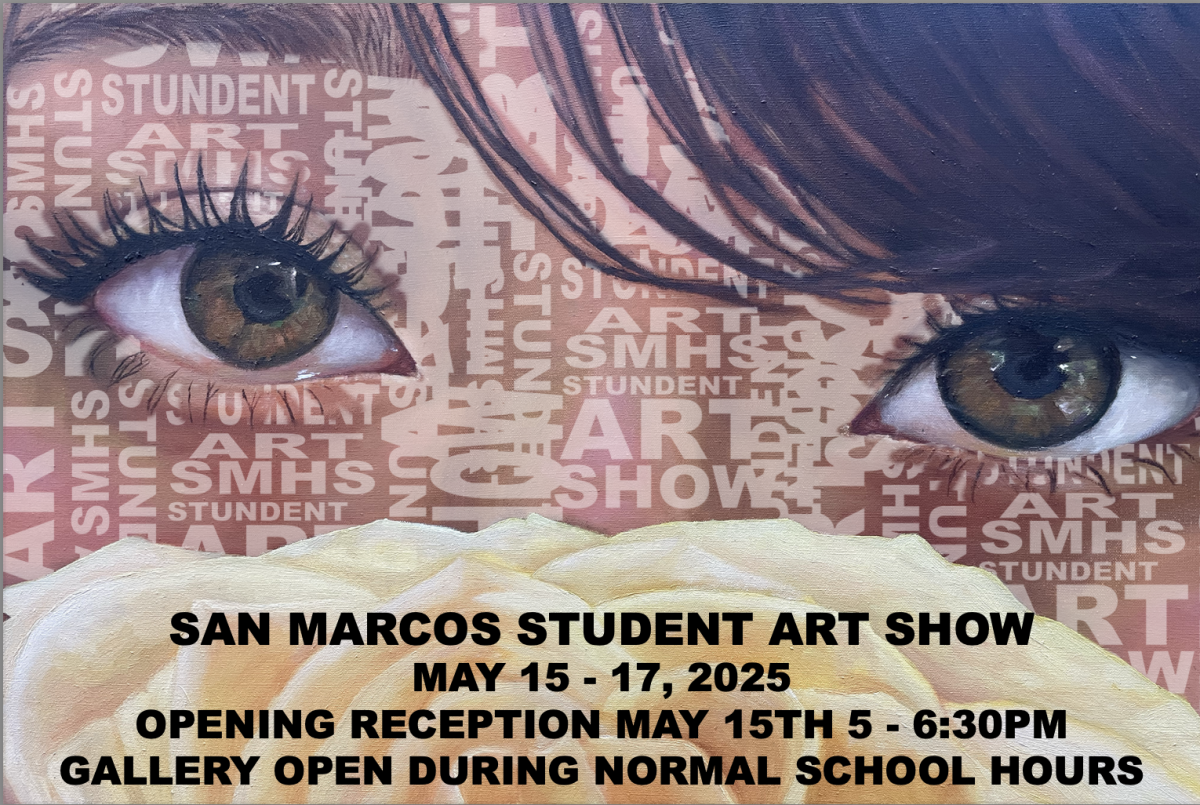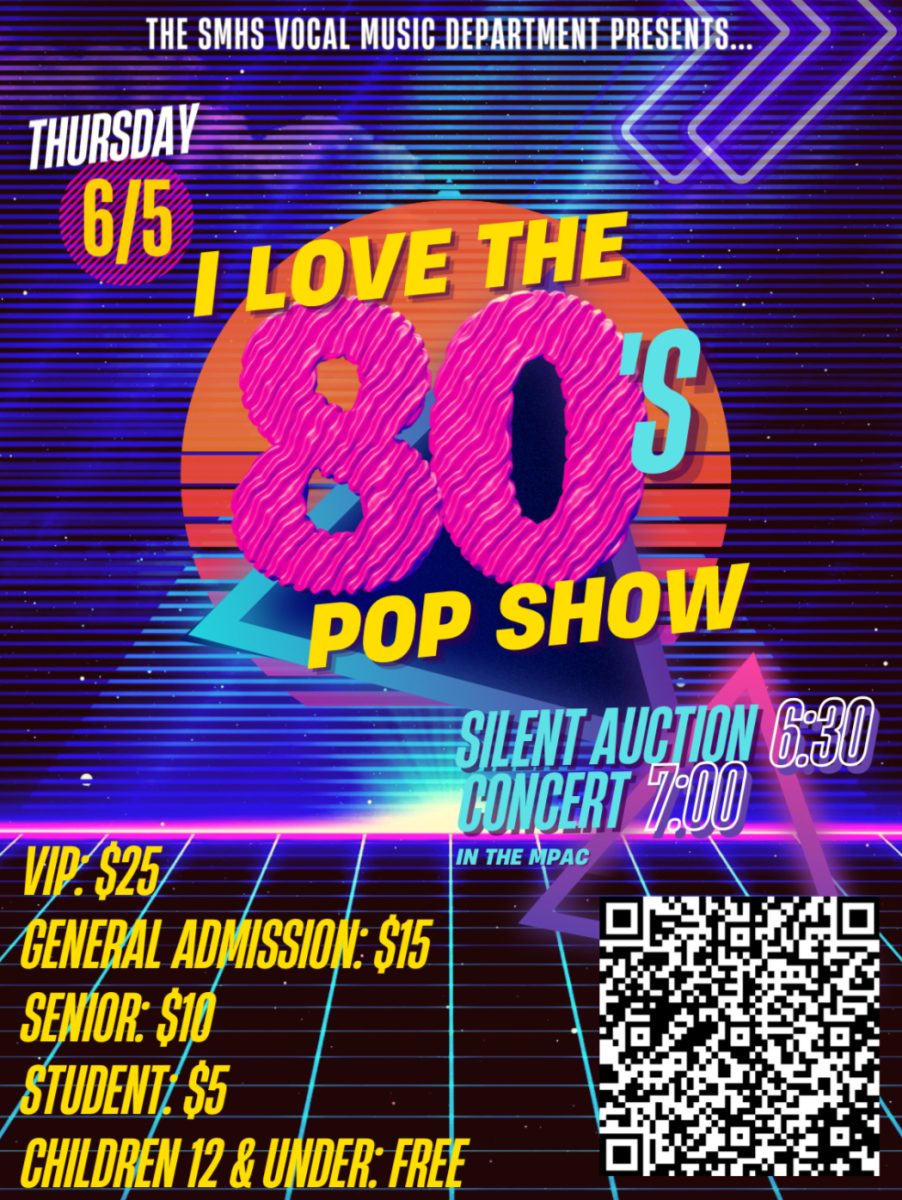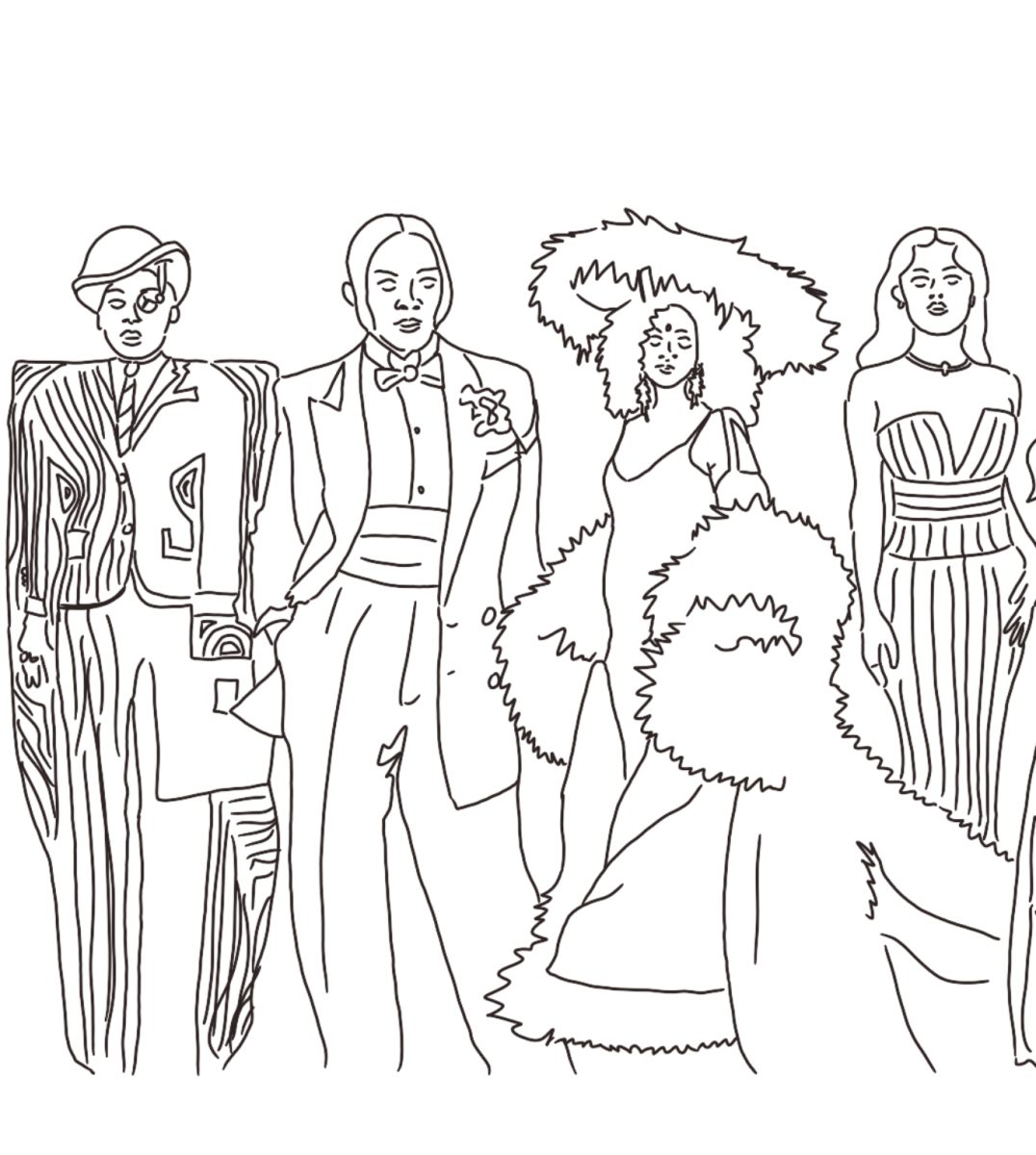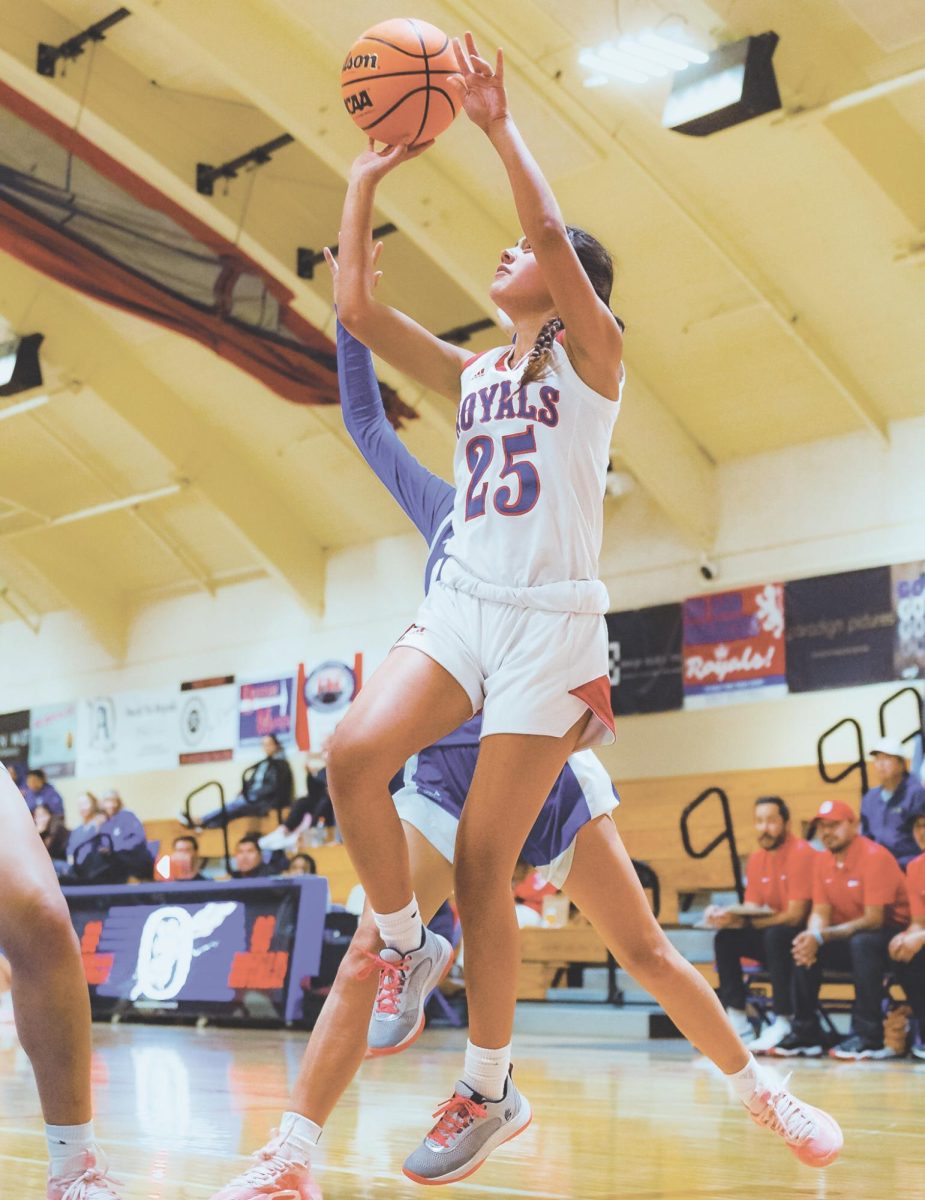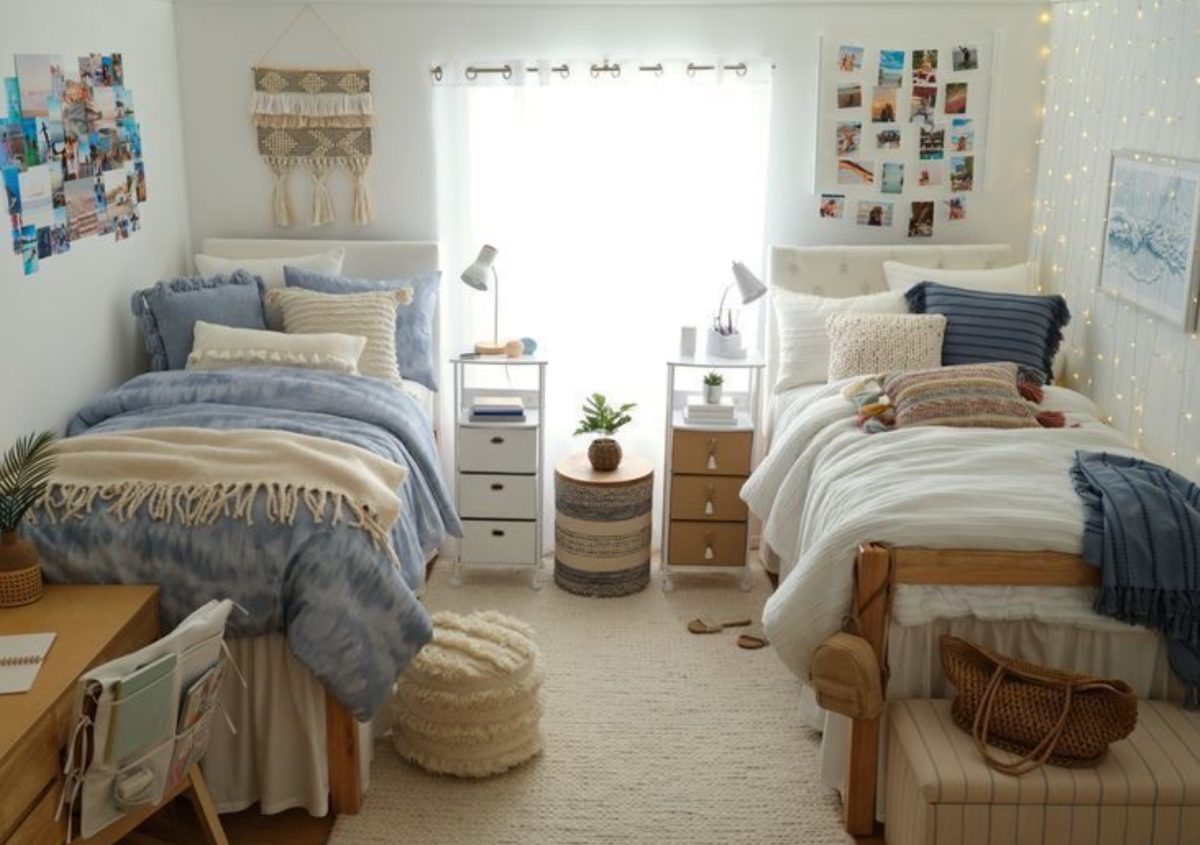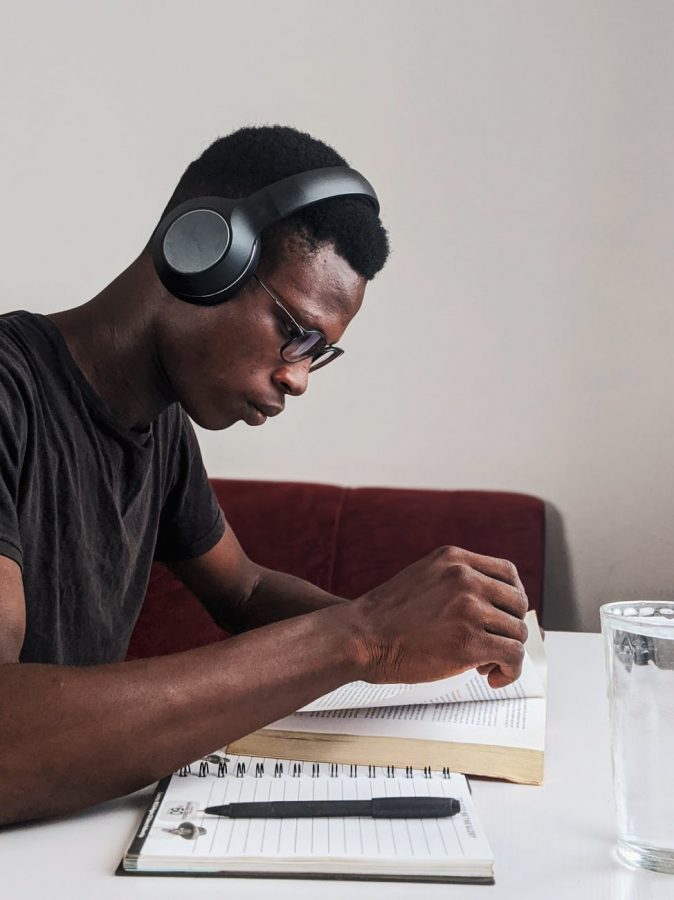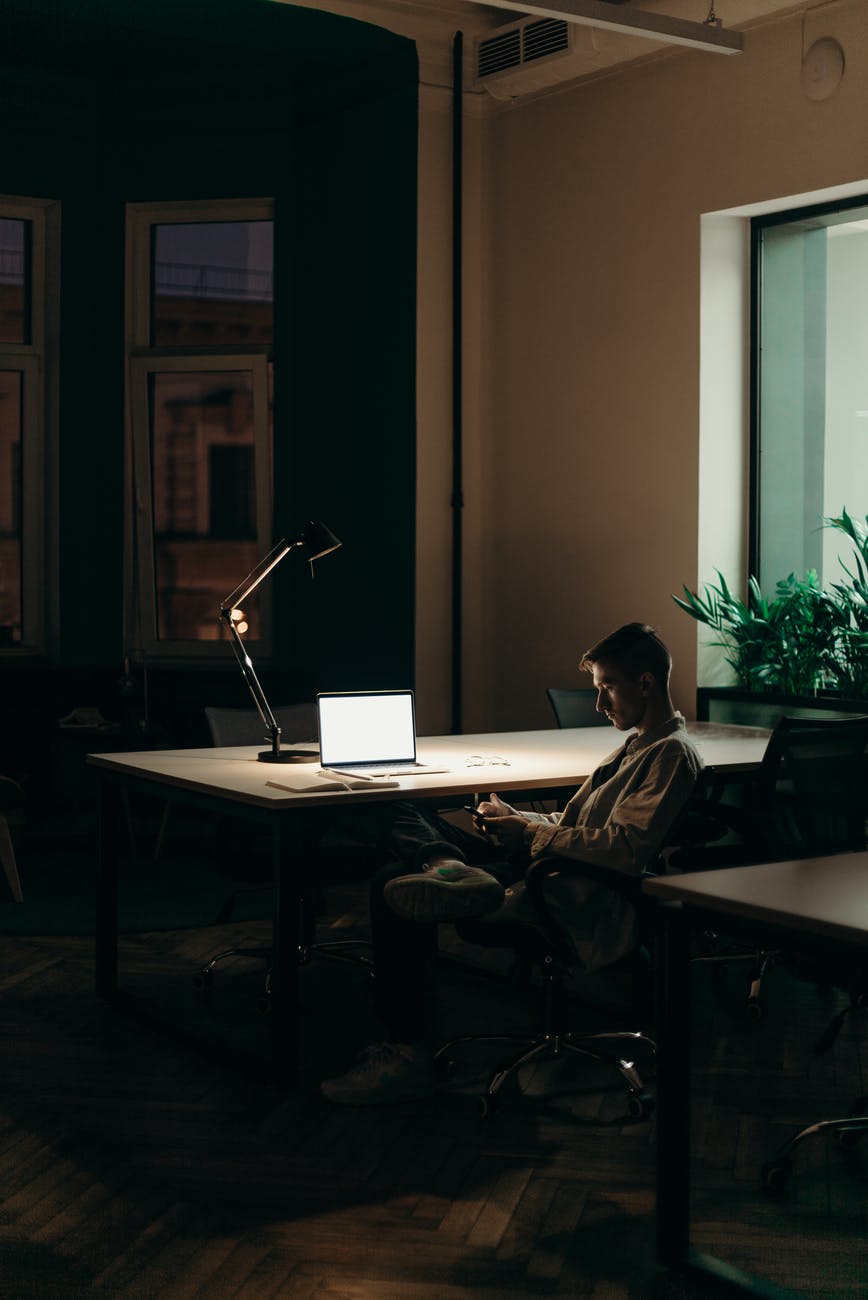Blue light glasses, a form of eyewear designed to reduce digital eye strain, have exploded in popularity as student screen time rates climb. But how necessary are they?
With many schools and workplaces operating partly or completely online, people are spending increasing amounts of time looking at screens. At San Marcos, at least until January, school is completely virtual, meaning that students spend up to four hours a day just on zooms, not including homework or leisure time. In a study performed by Alcon/Ipsos in July, roughly 60% of participants reported spending more time on their phones and computers since quarantine was ordered in March.
These requirements means that exposure to blue light is at an all time high. Blue light is a form of light emitted by electronic devices that may cause eye irritation and can even disrupt the body’s circadian rhythm, making it more challenging to focus and fall asleep. Since this exposure is oftentimes unavoidable in today’s world, people feeling the effects of digital eye strain are looking for ways to protect their personal health, which lead to blue light glasses becoming a staple in households across the world.
Although these glasses may seem like the perfect solution to this dilemma, they may not actually be helping as much as they claim to. Ophthalmologist Rishi Singh, MD, explains that most eye issues connected to screen time are caused by Computer Vision Syndrome, as opposed to blue light. CVS is characterized by dry, strained eyes typically caused by the amount of eye movement, glare of the screen, and reduced blink rates while using the computer—none of which can be prevented by blue light glasses. On top of this, there have been very few studies on the effectiveness of blue light glasses on these symptoms.
“To be honest, I haven’t noticed much of a difference when I wear them,” said Jenny Gonzales, a San Marcos senior who bought blue light glasses when school began virtually in August. “I think it helps me more to just turn down my screen’s brightness and take breaks between classes and homework.”
However, blue light has been proven to disrupt sleep schedules. According to Harvard Health, these emissions from screens delay the release of melatonin, a sleep-inducing hormone, and increase alertness, resulting in troubles getting to and staying asleep. This is where blue light glasses can actually be useful; studies suggest that these lenses can promote better sleep, depending on the amount of light they filter (which varies from brand to brand).
“I originally bought them because my eyes get dry pretty easy after looking at screens, but I’ve really only noticed a difference when I use them before bed,” said senior Kira Davirro, who has been wearing blue light glasses since junior year.
Both the science behind blue light and San Marcos students’ personal anecdotes conclude that blue light glasses are not as necessary as many may think. Although research has shown that they can promote better sleep, eye irritation from screens is not caused by blue light so therefore the glasses are essentially useless when used during the daytime. Instead of spending dozens of dollars on these lenses, students should set screen time limits and take lots of breaks to combat potential eye strain.






